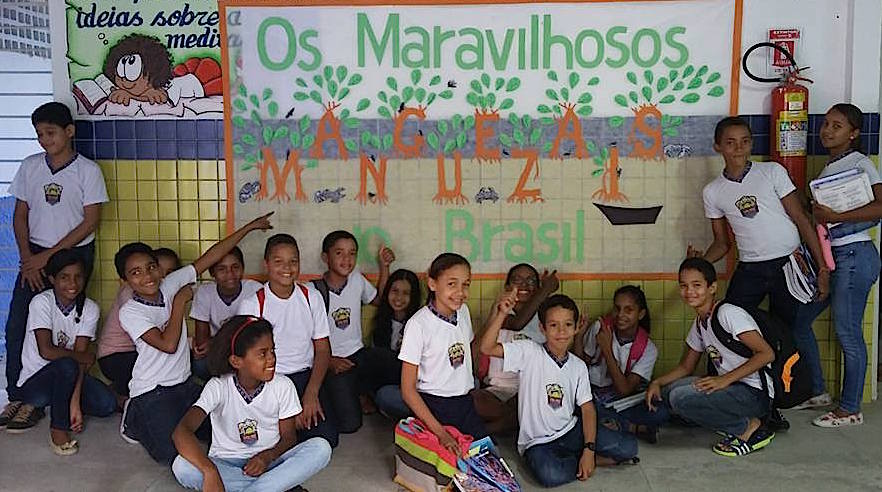
Mangrove Education for Port Town Youth
Location: Topolobampo, Sinaloa, Mexico
Date: 2021
Goal: To introduce the Marvellous Mangroves environmental education program to youth in Topolobampo, Mexico, raising awareness of local ecosystems and empowering communities to engage in conservation amidst growing industrial development.
Partners
Marvellous Mangroves education programme was adapted to local context using Spanish resources
Hands-on activities included using microscopes, birdwatching, and kayaking
Over 100 local children and teens engaged in mangrove education sessions
What we did
Exploring the mangrove canals of Isla Las Ánimas by kayak to observe the natural beauty of the flora and fauna added an immersive dimension to the experience. Outdoor games, fieldwork, and creative exercises connected participants with their environment in a meaningful way, prompting reflection on their own role in shaping the future of their community.
The workshop not only introduced scientific tools and ecological principles, but also encouraged social and emotional learning, helping young people develop collaboration and communication skills. As Mariana Lazcano-Ferrat, RECAMB’s Executive Director, explained, “Sometimes, being in nature becomes an experience that teaches collateral lessons.”
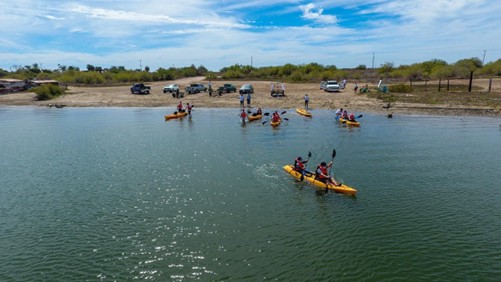
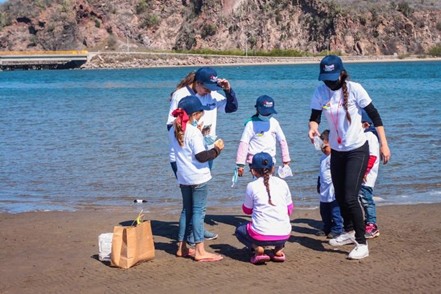

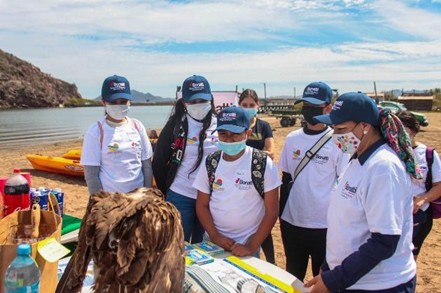
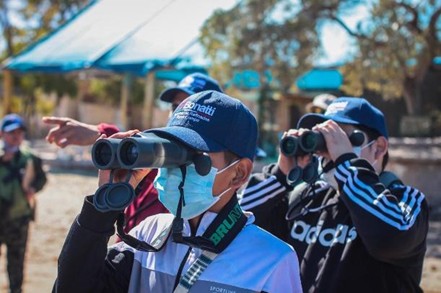
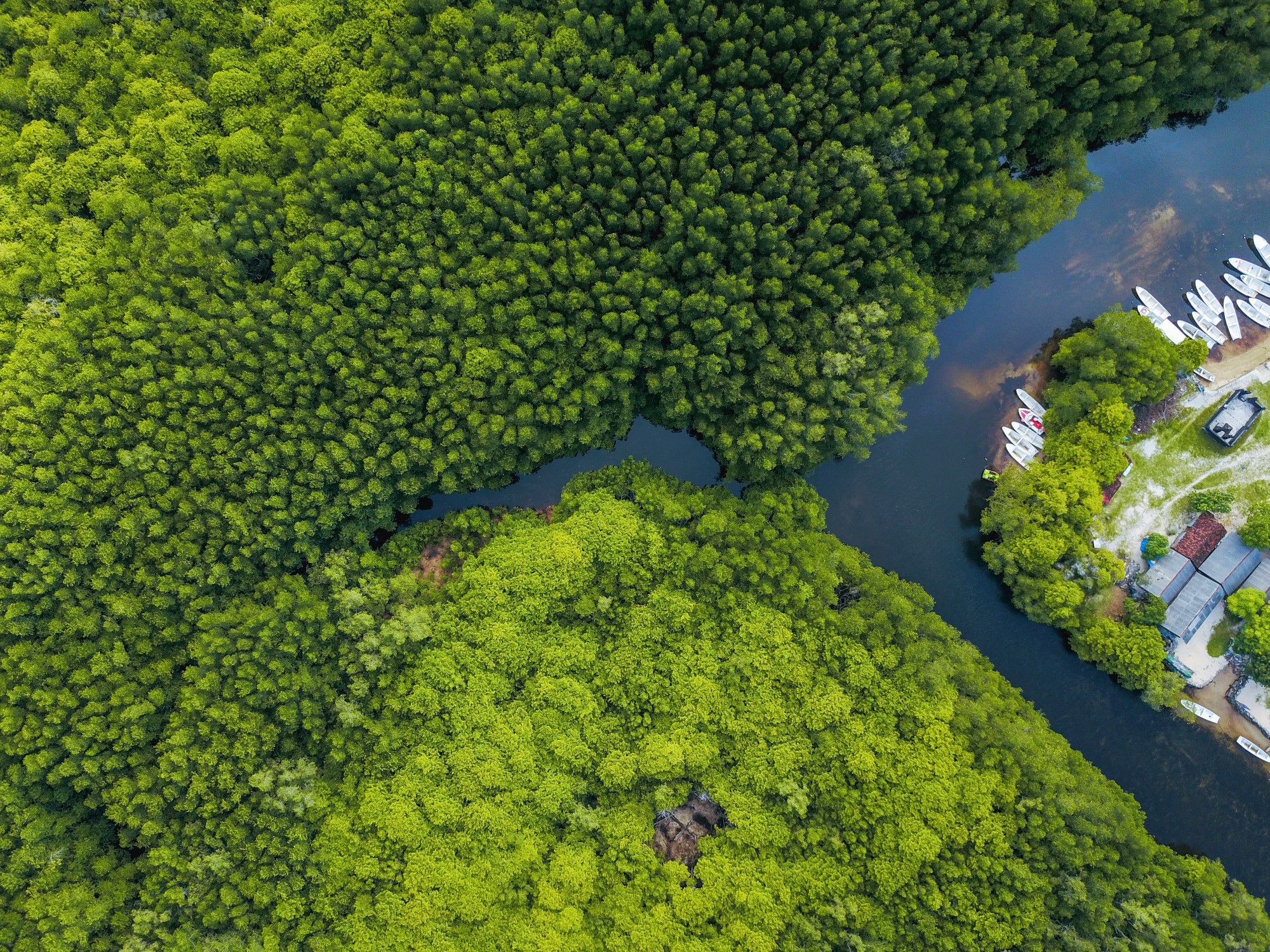
Interested in working with us?
Get in touch with us at cassie@mangroveactionproject.org
Related work
- Read more about ‘Marvellous Mangroves’ student education & Mangrove Restoration Training in Suriname
‘Marvellous Mangroves’ student education & Mangrove Restoration Training in Suriname
Location: Suriname Timeline: May 2019 Goal: To conduct an interdisciplinary training course that helps students explore and understand the function…
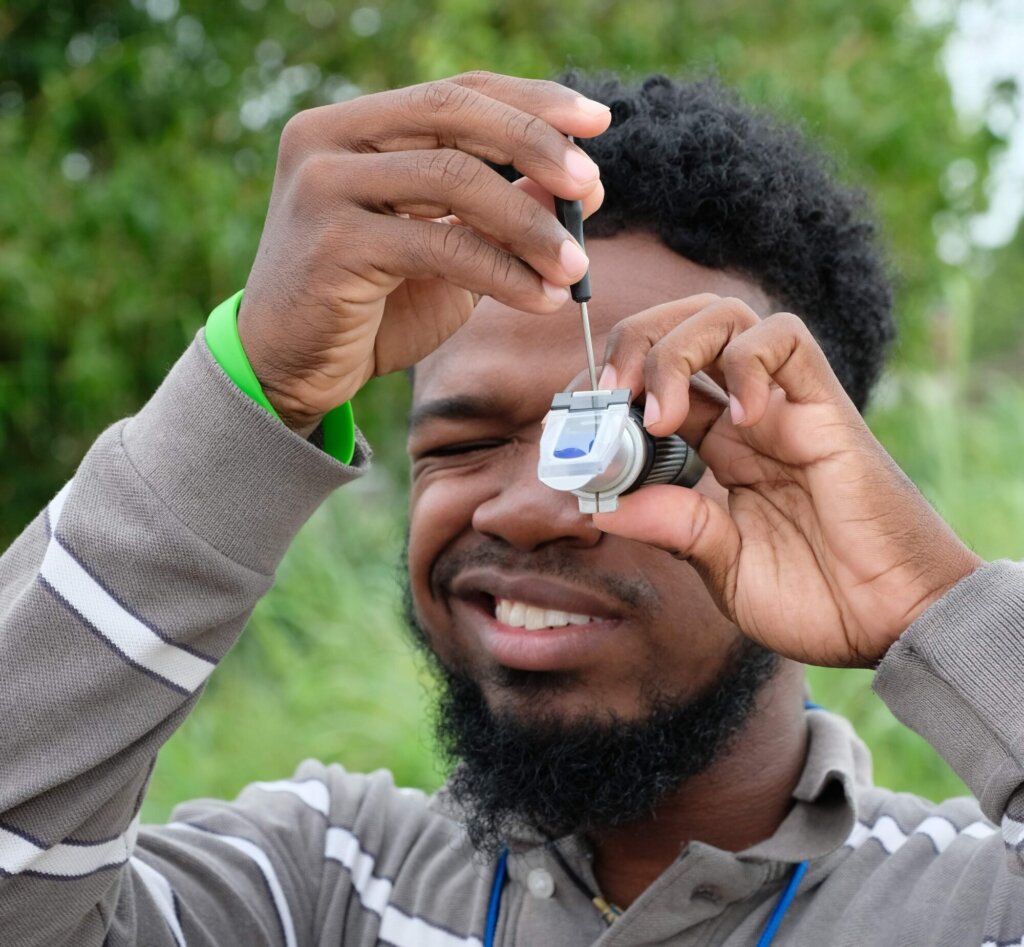
- Read more about Bringing Mangrove Education to Schools in Bangladesh
Bringing Mangrove Education to Schools in Bangladesh
Location: Khulna, Bangladesh Start Year: July 2013 Timeline: 8 days Goal: To deliver Marvellous Mangroves workshops to rural schools in…
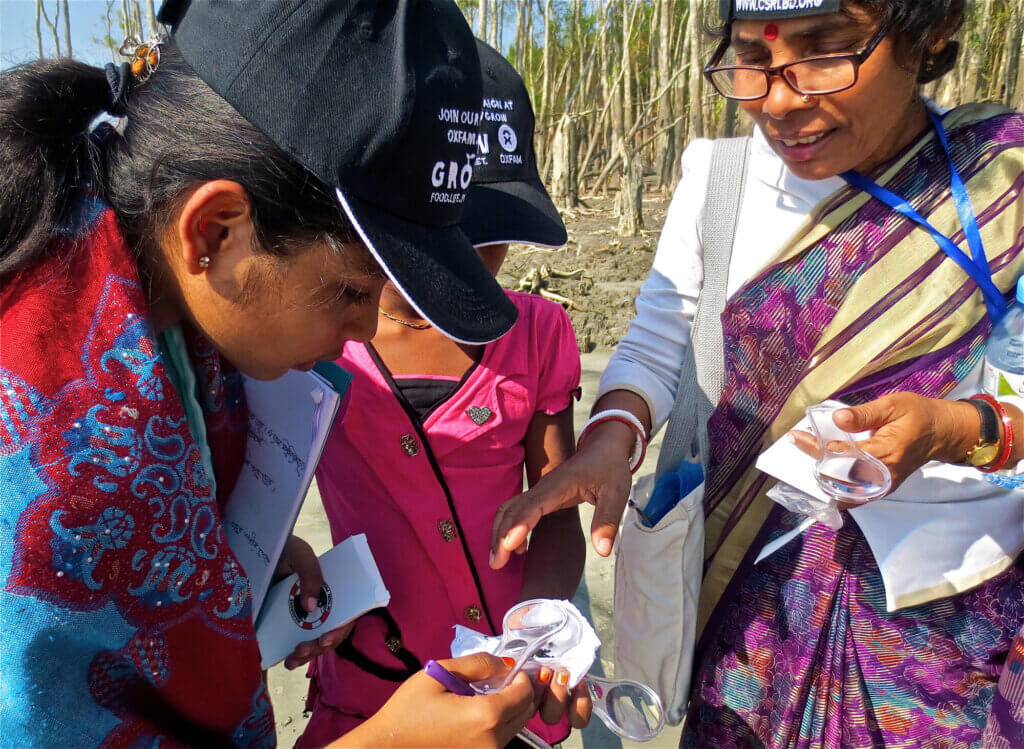
- Read more about Fostering a sustainable network in Honduras
Fostering a sustainable network in Honduras
Location: Honduras Timeline: February 2015 Goal: To work collaboratively with local officials to persuade local villagers and village leaders to reduce…
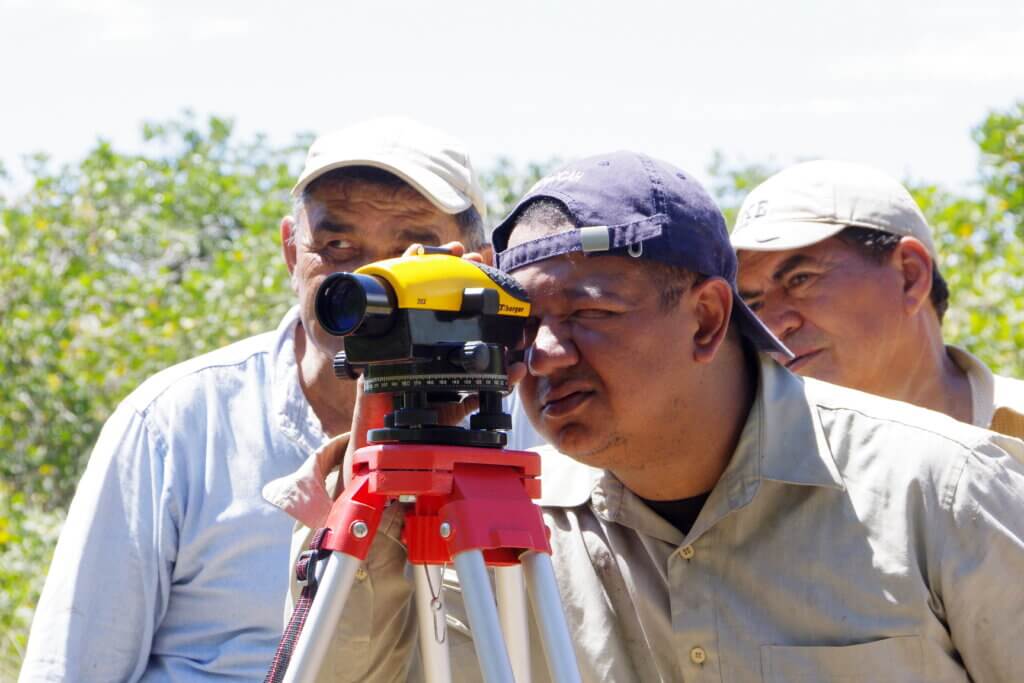
- Read more about Piloting MAP’s ‘Coastal Education Program’
Piloting MAP’s ‘Coastal Education Program’
Location: Belize Timeline: 8-15th May 2024 Goal: The goal of this trip was to introduce MAP's 'Coastal Education Program' (CEP) in…
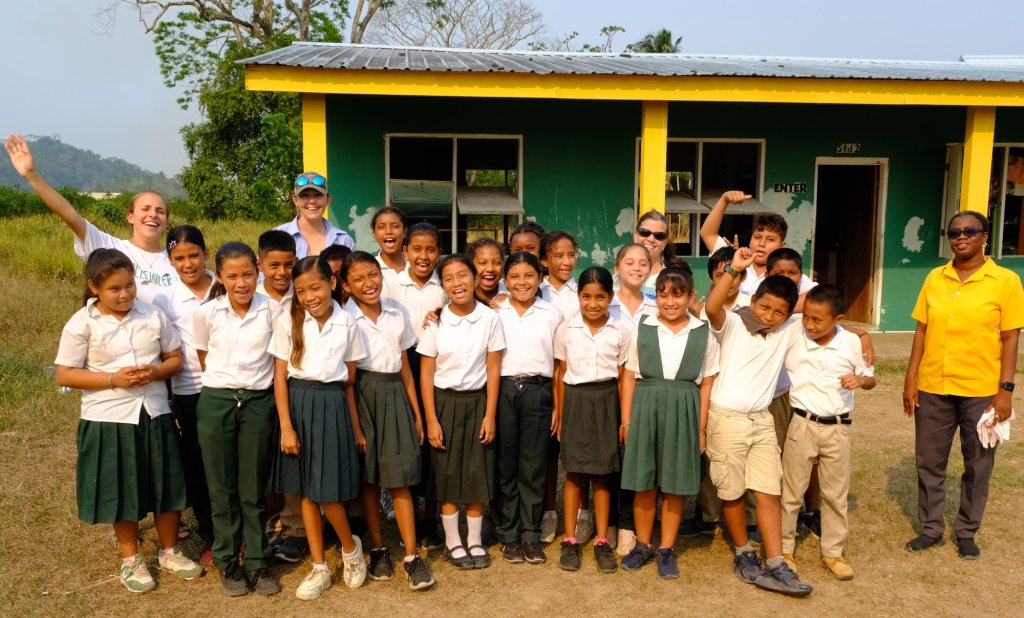
- Read more about Bringing Marvellous Mangroves to Brazilian Schools
Bringing Marvellous Mangroves to Brazilian Schools
Location: Brazil Start Year: 2006 Goal: To develop a locally adapted version of the Marvellous Mangroves curriculum for Brazil and implement it…
